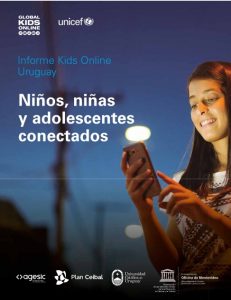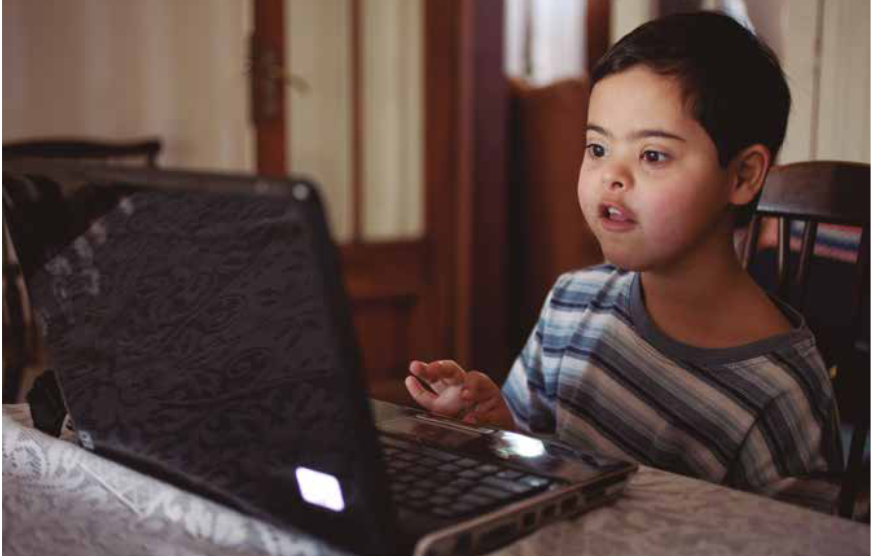 The new findings from Kids Online Uruguay reveal that a significant majority of school-aged children access the internet daily, both from home and school. While entertainment remains a primary online activity, informal learning is also prevalent, with nine out of ten children claiming to acquire new knowledge online weekly. Digital networks serve as crucial components of children’s social lives, acting as communication channels with family, friends, and even unknown individuals through online games.
The new findings from Kids Online Uruguay reveal that a significant majority of school-aged children access the internet daily, both from home and school. While entertainment remains a primary online activity, informal learning is also prevalent, with nine out of ten children claiming to acquire new knowledge online weekly. Digital networks serve as crucial components of children’s social lives, acting as communication channels with family, friends, and even unknown individuals through online games.
Interestingly, 30% of children admit to meeting face-to-face with people initially encountered online, a behavior increasing with age. However, the majority meet individuals of the same age, with only 2% meeting adults. The digital activities align with children’s developmental stages, with younger ones receiving more parental support.
Contrary to the notion of “digital natives,” children’s digital skills grow over time, and education plays a significant role. Gender differences are evident, with boys more engaged in online games and girls in social networks. One-third of children report negative online experiences, with higher percentages among girls and non-binary children.
Exposure to sensitive content, such as discrimination and encouragement of harmful behaviors, affects over 20% of school-aged children. Some social networks lack safety features, exposing children to risky features like random video calls. Despite negative experiences, children value parental mediation, which varies based on gender.
Half of the children face issues like disrupted sleep or relationships due to internet use, but they assert agency in regulating their usage. Sharing negative experiences, children rely on peers as primary support, followed closely by parents. While facing both opportunities and risks, developing strategies can foster positive internet use and enhance children’s resilience.
The findings of the Global Kids Online Uruguay survey include 7,822 children aged between 9 and 17 who attend formal education in urban areas throughout the country, as well as their parents/guardians and teachers. It involved a school-based, self-administered online survey for the children and online surveys for the adult participants.
The study is a collaboration between Ceibal, the Electronic Government and Information Society Agency (AGESIC); UNICEF Uruguay, UNESCO and the Catholic University of Uruguay (UCU). The research was carried out between August and October 2022. This is the second Global Kids Online survey in Uruguay; the first one was conducted in 2017 and launched in 2018.
Read the full findings (in Spanish)
Executive summary (in Spanish)
Kinds Online Uruguay findings from 2018
The project team:
Matías Dodel – Academic lead (Universidad Católica del Uruguay)
Susana Dornel (AGESIC)
Virginia Pardo (AGESIC)
Cecilia Hughes (Ceibal)
Valentina Cancela (Ceibal)
María Victoria Blanc (UNICEF)
Darío Fuletti (UNICEF)
Komai Garabelli (UNICEF)
Lucía Vernazza (UNICEF)
Graciela Rodríguez-Milhomens (Universidad Católica del Uruguay)
Belén Irigoin (UCU)
Santiago Suárez (UNESCO)
Sofía Aresqueta (UNESCO)
Zelmira May (UNESCO)
Post author: Kids Online Uruguay








